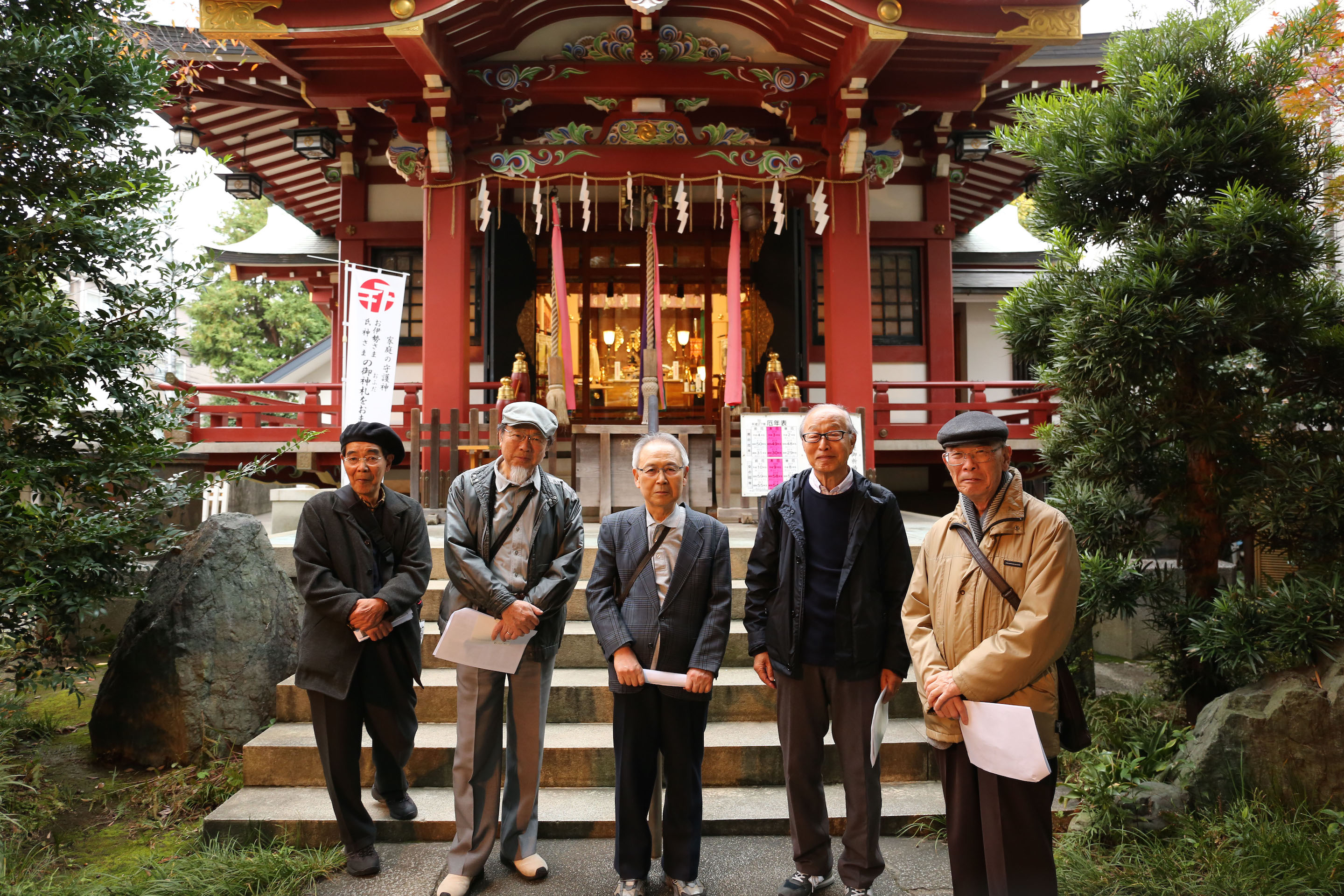As November grows chilly, I warm up with an urban hike to hunt out seasonal gifts for friends and family. Tokyo is a bastion of creativity and craftsmanship, and shopping the backstreets is like touring a gallery of desires you never knew you had. I exit the Ginza Line's Gaienmae Station, and trot off toward Harajuku.
At the first busy intersection, an algae-green plastic tank brimming with teeny medaka (killifish) catches my eye. Shigeharu Oku a 45-year-old employee at the nearby Inose Liquors, wanders over. It's his aquarium. "I started off with only two fish," Oku tells me, "and they liked each other. Now I have lots." As I watch, he gingerly nets the plumpest of the fry, and flicks them into a bigger tank of clean water, filled with marbles and colored rocks. "Look at all these babies," he says, pointing to a third tank of fry the size of pinheads. "You can take some, for free," Oku offers. Procreative killifish make tricky gifts, I think, so I demure, but thank Oku before continuing down the backstreet at Inose's corner, known as Kumano -dori.
When I pass the clinically pristine Tokyo Hearing Care Center, I recall that a family member needs a new hearing aid, so I duck inside. To my surprise, the center doesn't sell hearing aids, per se. Instead, it offers a rarefied brand of see-through earphones called Just Ear. The three basic models — Monitor for composers, Listening for music enjoyment and Club Sound for heavy bass dance music — cost ¥200,000 per pair. Company Director Satoshi Sugano explains that fully bespoke sets are ¥300,000, but they're handmade by a series of experts who custom fit, tune, engineer and sculpt them to the customer's needs. Sugano deftly twists a Club Sound set deep into my ears and hooks me up to a player. I have to admit, I'm ready to rave. The sound pounds. A dream gift for a music-lover, I think, taking note and thanking Sugano before moving on.



